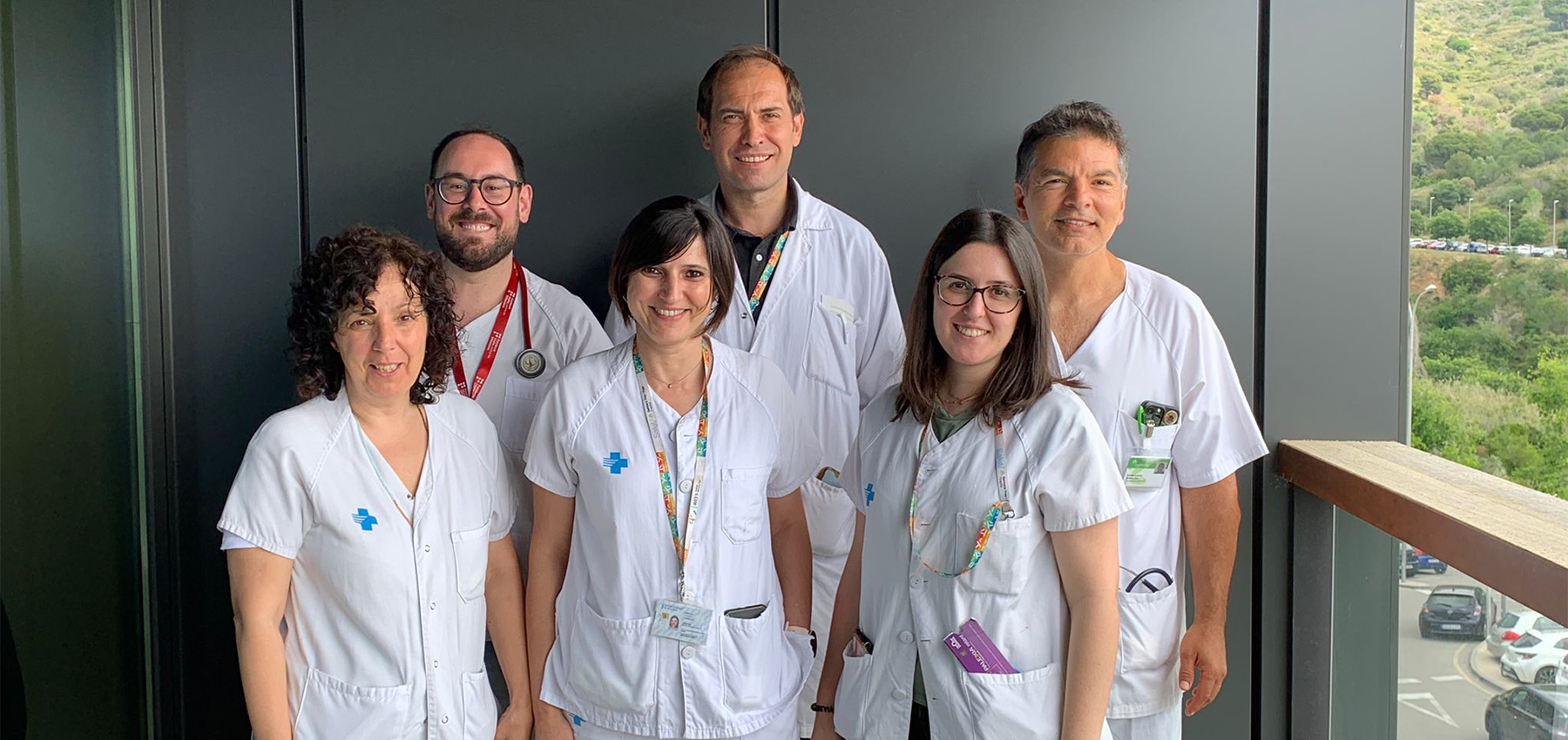Researchers from the Foundation take part in a pioneering study evaluating a new therapeutic option for legionellosis
23/12/2025
Musculoskeletal infections affect the structures of the musculoskeletal system, such as bones, joints, muscles and tendons. These infections can be caused by bacteria, viruses, fungi or other pathogenic microorganisms and can have serious consequences if not treated properly. At the Fight Infections Foundation we have a research unit on infections that affect the musculoskeletal system. To learn more about what this work unit does, we interviewed Dr. Esteban Reynaga, doctor at the Germans Trias Hospital and researcher at the Foundation.
Why has the Locomotor System Septic Functional Unit been created?
What patients do you treat in the “Locomotor System Functional Septic Unit”?
The patients we treat in our Unit have suffered a bone fracture, whether traumatic or not, and need the placement of a prosthesis, which may or may not be articular, or an osteosynthesis material, such as plates or nails. Instead of evolving correctly, these cases end up developing an infection that can even appear after several years, since there are microorganisms that have the ability to hide and cause an infection at some point in life.
What percentage of people are affected by musculoskeletal infections?
Between 1% and 3% of people who undergo surgery to have a prosthesis implanted develop an infection. Therefore, we could say that it is a rare infection. However, considering that many prostheses are placed each year, such as about 1,000 at the Germans Trias Hospital, we are talking about between 10 and 30 patients developing an acute or chronic infection.
What are the most common infections you treat?
We normally treat acute and chronic infections. The difference between the two is that the acute ones usually appear during the first month after surgery and, generally, the patient is hospitalized to continue the treatment. However, chronic infections usually manifest later and the patient visits us because they experience pain, loosening of the prosthesis, fever or fluid accumulation in the joint. The procedure to treat these infections varies: in the case of acute ones, the prostheses are generally respected and the moving parts are changed; while in the case of chronic cases, the complete prosthesis is usually replaced.
What do you focus your research on?
At this moment we are taking the first steps in research. We have two important objectives: on the one hand, collaboration with other institutions, such as the GEIO group (Osteoarticular Infections Study Group), with which we participate in three studies based on the administration of certain antibiotic treatments. At the same time, at the Fight Infections Foundation we lead our own research in animal models to answer many questions that currently have no answer. We are also focused on investigating acute prosthesis infections to develop new therapeutic strategies.
Do you have any projects in mind for the future?
23/12/2025
29/05/2025
26/06/2024

Share